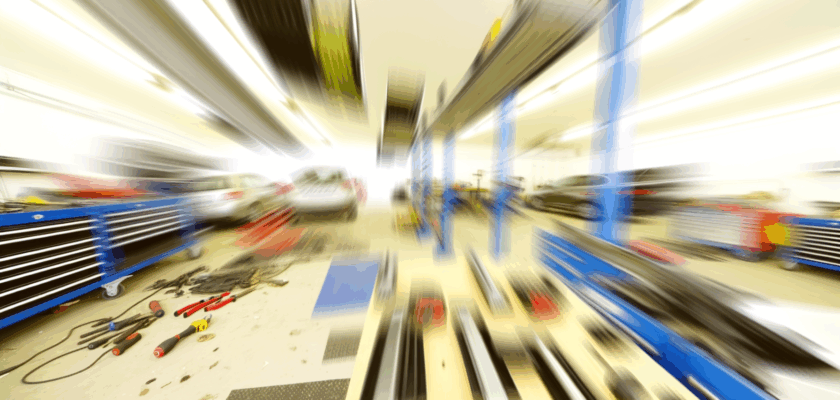A well-organized car workshop is essential for efficiency and safety, and one of the best ways to achieve this is through a custom toolboard. Unlike generic storage solutions, a tailored toolboard can be designed to fit the specific tools and workflow of your workshop, reducing downtime and enhancing productivity. Whether you are a seasoned mechanic or a car enthusiast setting up a personal garage, creating a custom toolboard ensures your tools are always within reach and neatly arranged.
Designing the Ideal Layout for Your Custom Toolboard
The design process for a custom toolboard begins with assessing the types and sizes of tools you use most frequently. Start by categorizing your tools—such as wrenches, screwdrivers, hammers, and specialty automotive equipment—to determine how much space each category requires. Consider also the weight of tools to ensure that heavier ones are placed securely near the bottom of the board to prevent accidents and facilitate easy access.
Next, the layout should support your typical workflow, placing tools in logical clusters based on usage sequences. For instance, group socket sets near the workbench or car lift area for rapid swaps during repairs. Incorporating adjustable hooks, magnetic strips, and custom holders can further refine organization, allowing for flexibility as your tool collection evolves. This thoughtful placement cuts down on wasted motion and makes the repair process smoother.
Lastly, visual clarity is crucial in the layout. Using labels or outlines for each tool spot can help maintain order even when multiple people use the workshop. Some workshops include diagrams or color-coded sections to quickly identify tools during busy jobs. By investing time in a clear, ergonomic design, your custom toolboard will not only hold your tools but also streamline your entire operation.
Selecting Durable Materials for Long-Lasting Use
Choosing the right materials for a custom toolboard is critical to ensure it withstands the demanding environment of a car workshop. Commonly, plywood or medium-density fiberboard (MDF) are popular base materials due to their affordability and ease of modification. However, for enhanced durability, high-quality plywood with a protective coating can resist impacts, moisture, and chemical exposure more effectively.
In addition to the base, hardware components such as hooks, brackets, and fasteners must be made from sturdy metals like stainless steel or powder-coated steel to prevent rust and bending under heavy loads. Magnetic strips should be strong enough to hold heavy tools without losing magnetism over time. These choices not only prolong the life of the toolboard but also contribute to overall safety by securely holding tools where they belong.
Finally, consider the finish and maintenance aspects. A sealed or painted surface not only enhances appearance but also protects against dust, oil stains, and corrosion. Some workshops opt for laminated surfaces that can be wiped clean easily. By investing in durable materials and finishes, your custom toolboard will remain a reliable centerpiece of your workshop for years to come.
Creating a custom toolboard tailored to your car workshop’s unique needs is a practical step toward better organization and increased efficiency. By carefully planning the layout with workflow in mind and selecting robust, long-lasting materials, you ensure that your tool storage solution stands the test of time. Ultimately, the right toolboard simplifies daily tasks, promotes safety, and enhances the overall professional environment of your workshop.

